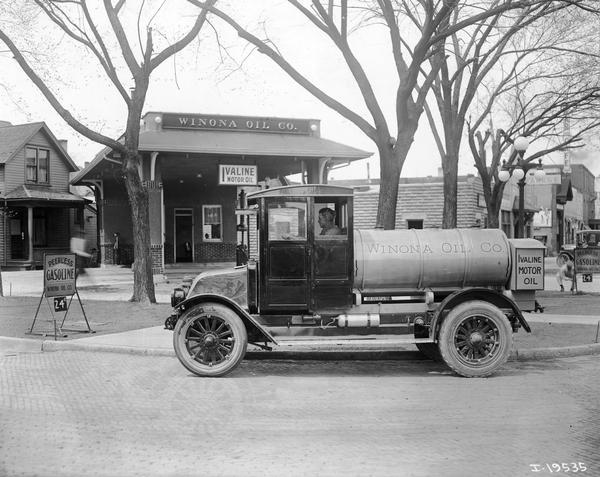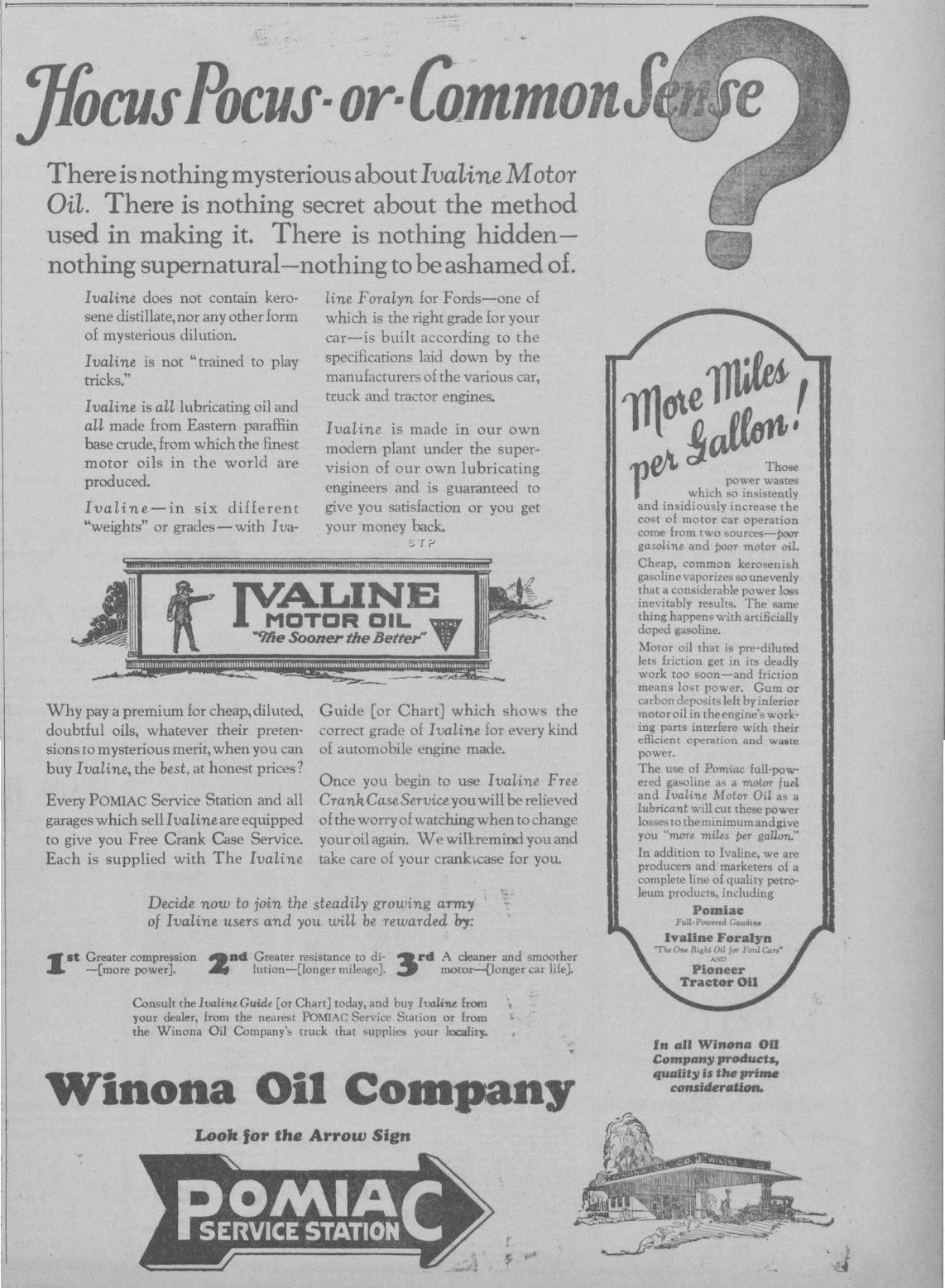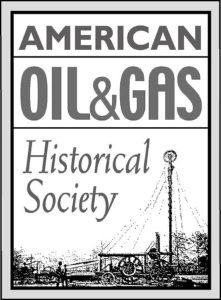 During World War I, the Winona Oil Corporation set up operations in Casper, Wyoming, with holdings of 1,200 acres of “selected land in the heart of Powder River.” The company reported having one rig ready to drill and another ready to be “rigged up” at another site. With capitalization of only $200,000, Winona Oil was considered a “poor boy” drilling venture dependent upon investors to fund continued drilling despite setbacks and risks. The company offered stock at 5 cents a share. Advertisements in the Ogden Standard enticed investors with “Winona Is Here to make Money, Money, Money.”
During World War I, the Winona Oil Corporation set up operations in Casper, Wyoming, with holdings of 1,200 acres of “selected land in the heart of Powder River.” The company reported having one rig ready to drill and another ready to be “rigged up” at another site. With capitalization of only $200,000, Winona Oil was considered a “poor boy” drilling venture dependent upon investors to fund continued drilling despite setbacks and risks. The company offered stock at 5 cents a share. Advertisements in the Ogden Standard enticed investors with “Winona Is Here to make Money, Money, Money.”
In February 1918, C. Kirchner, secretary of the Winona Oil, conducted a promotional demonstration of the reduction of shale oil to gas for about 50 onlookers. “This gas was lighted and burned during the entire experiment to such an extent that a couple of engineers in the party made the remark that the gas itself would furnish 90 per cent of the fuel necessary for the original reduction,” it was later proclaimed. This Winona Oil interest in shale oil did not develop, although other contemporary ventures did pursue it (see Ute Oil Company).
 Winona Oil by 1919 had only been able to drill 700 feet in its first drilling effort somewhere “on the north side of the railroad.” In March it was reported that “the Powder River Syndicate has undertaken to finish the well commenced by the Winona Oil Corporation at Powder River, Natrona Co., according to reports current in Casper.” Another article in the Oil & Gas News noted, “In the Powder River field, the Winona Oil Corporation has announced the purchase of a drilling machine which will be used to complete the company’s first well, which has been underway for months. The Winona claims to have solved all its difficulties, and expects to go with its work without further delay.”
Winona Oil by 1919 had only been able to drill 700 feet in its first drilling effort somewhere “on the north side of the railroad.” In March it was reported that “the Powder River Syndicate has undertaken to finish the well commenced by the Winona Oil Corporation at Powder River, Natrona Co., according to reports current in Casper.” Another article in the Oil & Gas News noted, “In the Powder River field, the Winona Oil Corporation has announced the purchase of a drilling machine which will be used to complete the company’s first well, which has been underway for months. The Winona claims to have solved all its difficulties, and expects to go with its work without further delay.”
By the end of May 1919, Winona Oil was reported to have survived its financial difficulties and reentered the field. Plans were by then underway to drill a second well. Good news came the following month when the first well was described as “gassing heavily, and Casper people interested in the enterprise are very optimistic over the prospects. Should the well prove a good one, a large tract north of Powder River station would be added to the territory considered proven.”
But by August the good news had gone bad; the gasser well had to be was abandoned, “as the hole was started with a casing too small to see it thoroughly.” A second well was spudded by the Powder River Syndicate with Winona Oil a fifty-fifty partner. “The Winona Powder River Syndicate well No. 2., which was begun when the first hole pinched-out, is making 100 feet a day, according to reports from the field, and is down about 500 feet. This well is located north of Powder River, on Winona holdings,” noted the Oil & Gas News on September 4, 1919. The trade publication reported bad news several months later.
“The Winona well at Powder River is also shut down, but it is claimed that drilling will resume in the spring. This is the second well, the first having been lost on account of a bit wedged in the hole,” Oil & Gas News reported on January 29, 1920. Drilling did not resume in the spring or anytime thereafter. Despite the efforts of Winona Oil and the hopes of its stock investors, the company did not survive. Cities Service Company bought Winona Oil and moved the Winona division to St. Paul, Minnesota.
___________________________________________________________________________________
The stories of exploration and production companies joining petroleum booms (and avoid busts) can be found updated in Is my Old Oil Stock worth Anything? The American Oil & Gas Historical Society preserves U.S. petroleum history. Please support this AOGHS.ORG energy education website. For membership information, contact bawells@aoghs.org. © 2018 Bruce A. Wells.
___________________________________________________________________________________

